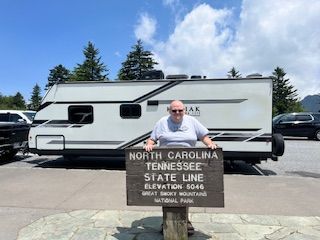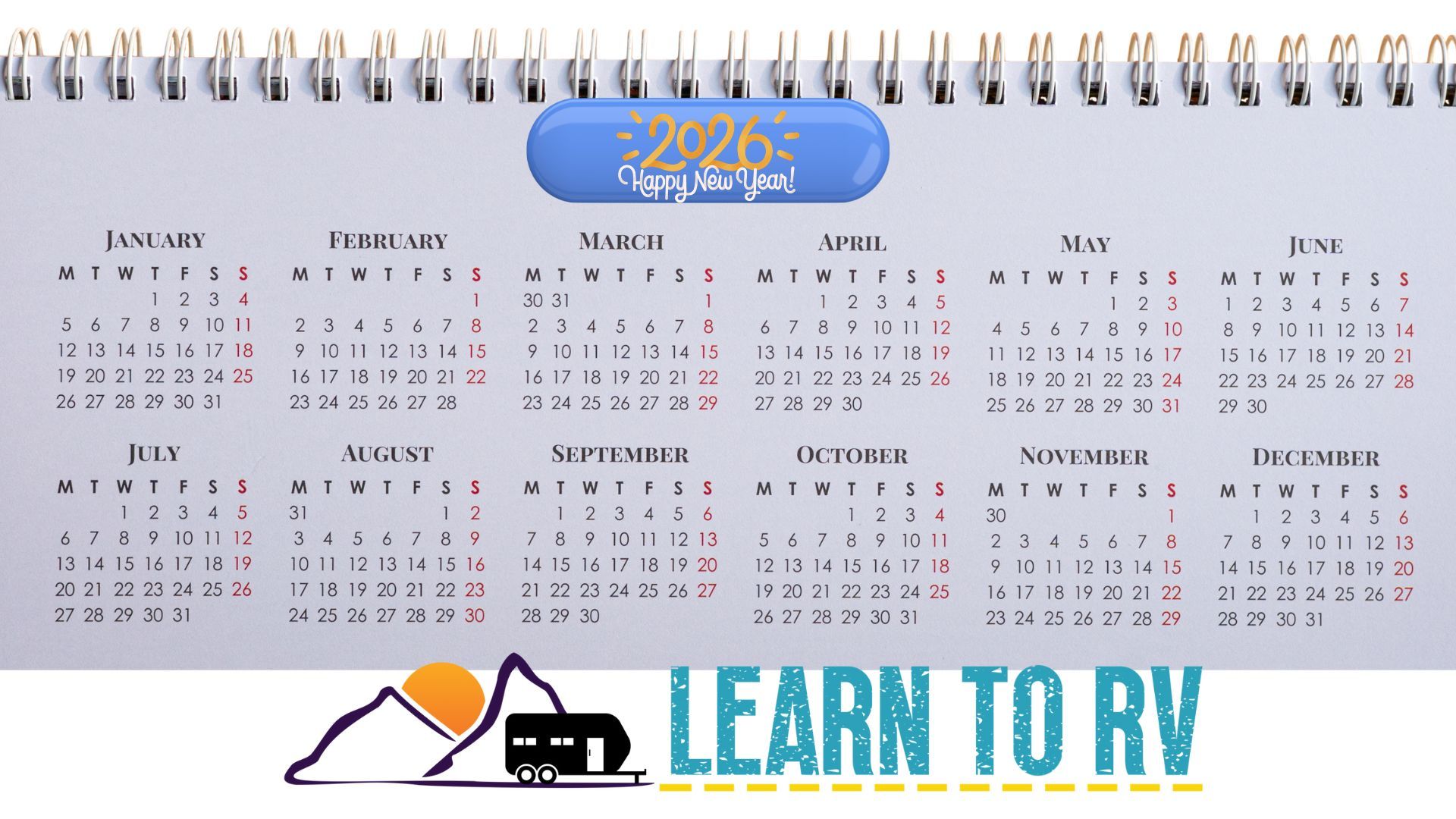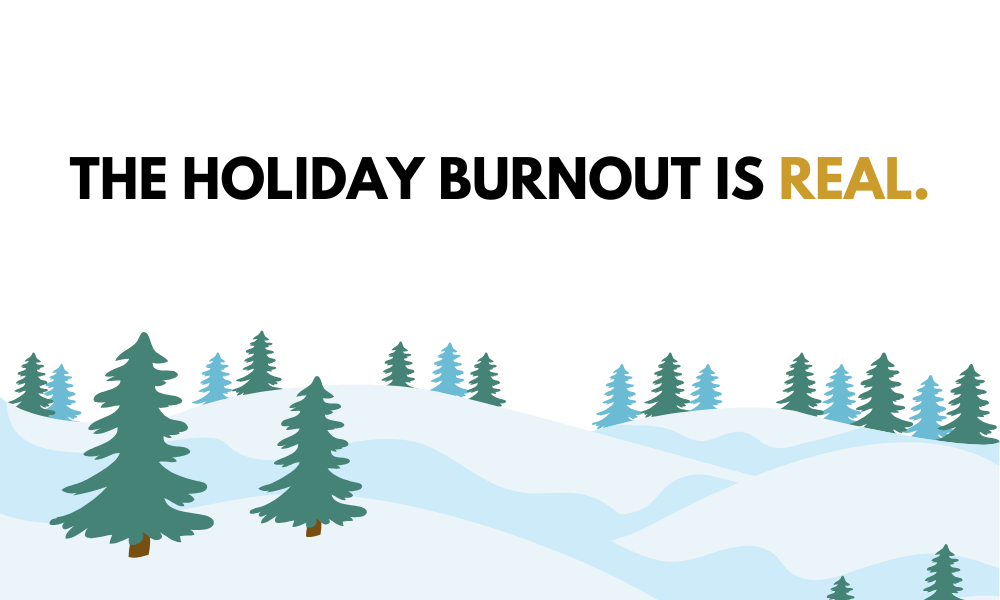RV Travel & Elevation Changes: Altitude Tips for you and your RV
Jennifer Schillaci • June 6, 2025
Navigating Altitude Challenges as you Travel
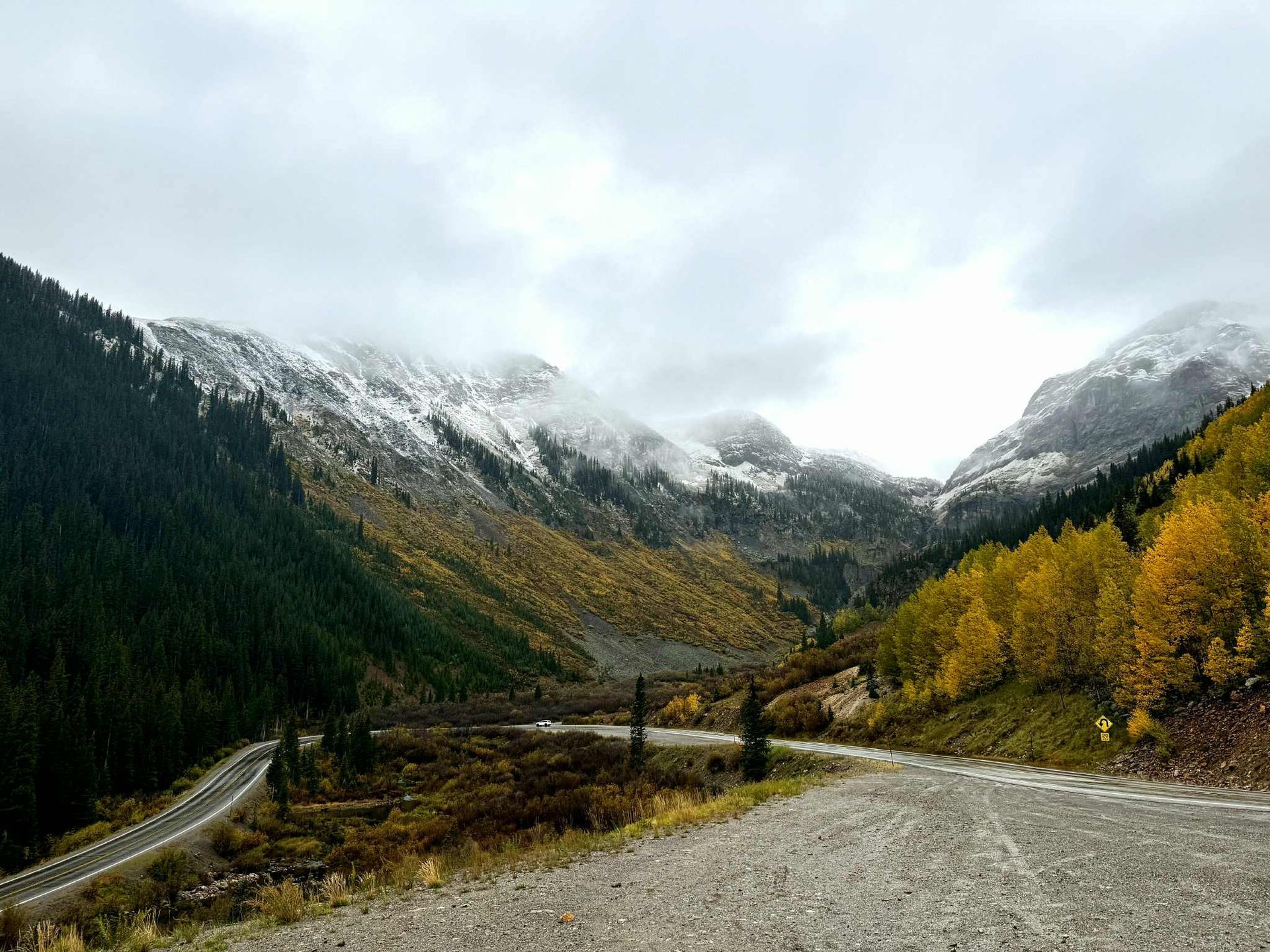
Summer’s here, and it's the perfect time for RV enthusiasts to escape the heat and embrace the cool mountain air! But remember, altitude can play tricks on your camping experience. From popping bags of chips to more serious conditions like cerebral edema, the higher you go, the more you need to prepare.
At Learn to RV, we want to help equip you with essential tips to navigate altitude’s effects on everything from your RV appliances to your furry friends.
Let’s make your mountain adventure safe and enjoyable!
While our website is packed with valuable information, it's important to remember that we’re here for educational purposes only. Before embarking on an extended camping trip at high elevations, we recommend consulting your doctor, veterinarian, or mechanic. They can provide insights into how altitude might affect your health and your companions, ensuring you have a safe and enjoyable adventure.
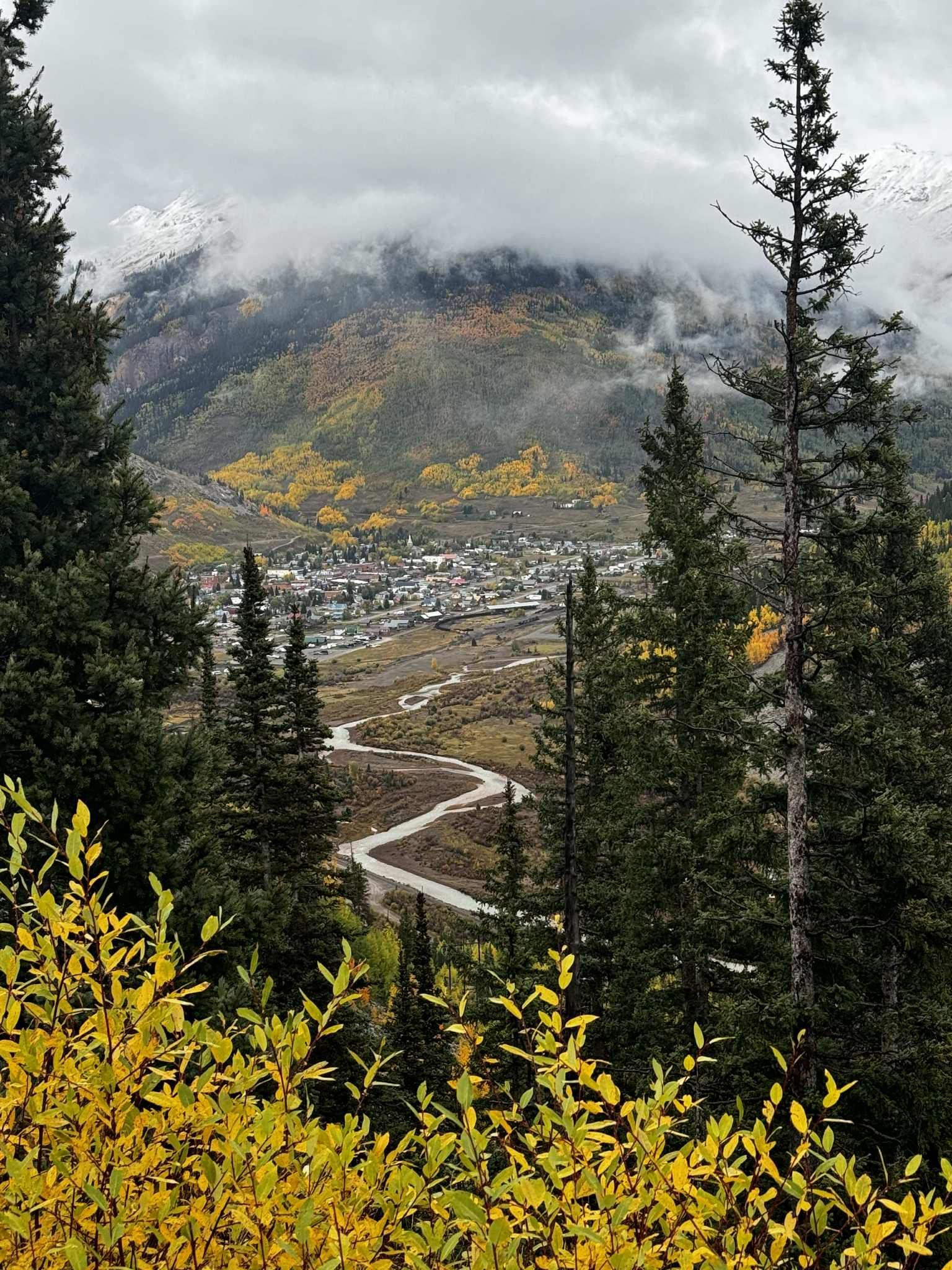
Understanding Altitude Sickness Risks for Travelers
When RVing in the mountains, altitude can affect your most precious cargo—your family and pets. Acute Mountain Sickness (AMS) often strikes at elevations above 8,000 feet, hitting flat-landers especially hard.
Symptoms can range from headaches to fatigue, and it's important to take them seriously; untreated AMS can lead to hospitalization.
Even our furry companions can feel the effects, showing signs like excessive panting or lethargy. It's important to keep everyone healthy and safe while you enjoy the breathtaking beauty of high-altitude camping!
Altitude Awareness: Stay Safe in the Mountains
When planning your mountain getaway, it's essential to manage altitude acclimatization to avoid Acute Mountain Sickness (AMS), which can hit about half a day to a day after arriving at high elevations. To ensure a smooth transition, consider spending at least a day in lower-elevation RV parks.
Experts recommend ascending gradually—about 1,000 feet a day—so you can fully enjoy your RV adventures without the headache of AMS.
When adventuring at high altitudes, keep an eye out for mild symptoms of Acute Mountain Sickness (AMS) like headaches, nausea, and insomnia. While these usually fade away, severe cases can escalate into life-threatening conditions such as cerebral or pulmonary edema.
Watch for alarming signs like mental confusion, walking difficulties, and extreme shortness of breath. Take the time to ensure your adventures are safe and enjoyable, so you can focus on making memories in your RV, not worrying about altitude sickness!
When you're gearing up for higher altitudes, staying hydrated is key—so drink plenty of water!
In those first few days, steer clear of strenuous exercise, smoking, and alcohol to help your body adjust. Some studies suggest taking ibuprofen can be beneficial, so consider a 600 mg dose three times daily before your ascent.
Having canned oxygen and electrolyte drinks on hand can also make a world of difference.
If you are having a life-threatening issue, please seek medical care immediately. Elevation sickness is very real, and if your symptoms don't subside, descend to a lower altitude immediately and consult a doctor.
Just like us, our four-legged friends can face the challenges of altitude sickness, though they can't tell us how they feel.
When transitioning to higher altitudes, dogs may struggle with reduced oxygen levels, particularly if the ascent is too rapid. Signs like weakness, difficulty breathing, or pale gums can indicate trouble, especially at elevations above 8,000 feet.
But don’t worry—if you give your pup time to acclimate, especially during stays longer than 30 days, they can adapt well. If symptoms arise, however, always prioritize their health and seek lower ground or veterinary care as needed!
Traveling with Confidence: Medical Assistance with FRVA
One of the best reasons to join the Family RV Association is the peace of mind that comes with their Medical & Travel Assist program.
As an FRVA member, you gain access to invaluable services like medical evacuation and repatriation, ensuring you—and even your pets—are taken care of in unexpected situations. Whether you're just 75 miles from home or roaming the globe, you're covered!
And for those full-time RV adventurers, your protection is always in place, no matter where your journey takes you.
When you become a Family RV Association member, you’re stepping into a vibrant community of RV enthusiasts who share your love for adventure on the open road.
Beyond the exclusive discounts on essential services like tires, campgrounds, and roadside assistance, you’ll find a supportive network eager to exchange stories, tips, and camaraderie.
That this blend of savings and friendship can elevate your RV journey, allowing you to travel with confidence and create unforgettable memories. Join us and be part of the family!
Challenges of High Elevation Travel
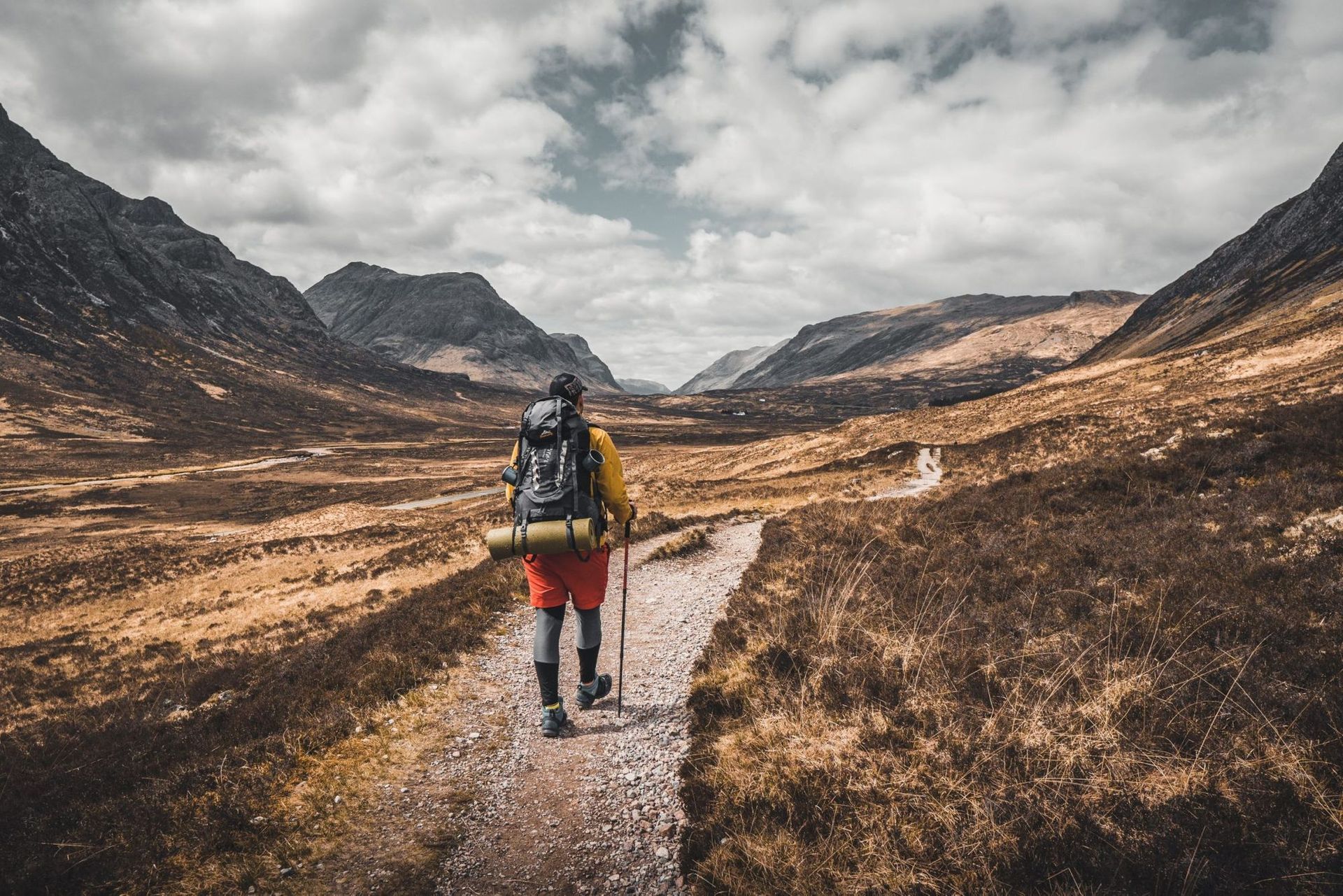
At 8,000 feet, surrounded by breathtaking mountain views and a wide-open sky, you reach for a cold drink in your RV—only to be met with lukewarm disappointment.
This common setback in high-altitude camping is no coincidence; it’s all about physics!
With thinner air and less oxygen, your propane-powered appliances, like the fridge, can struggle to keep things cool.
To ensure a smooth trip, consider packing a quality cooler to safeguard your food and remember to monitor those oxygen levels.
Beyond Altitude Sickness:
The Impact Beyond Your Health
1
Electronics
When you're hitting the high elevations in your RV, be mindful of your tech, especially your laptop. At altitudes above 10,000 feet, components like hard drives can freeze up and make your device inoperable.
Remember, RVs lack the pressurized comfort of airplanes, so it's best to completely shut down your laptop instead of relying on sleep mode. Keep your applications to a minimum to protect your gear.
Don’t forget about printers—while name-brand ink cartridges hold up better in altitude, it’s best to play it safe and leave them behind if you can.
2
Your Generator
When hitting the heights in your RV, be mindful that generators can suffer from altitude sickness, leading to noticeable power loss. For every 1,000 feet above 500 feet, you can expect a 3.5% decrease in output—meaning a potential 560-watt loss at 4,500 feet!
Diesel generators typically handle altitude better, but if you’re using an Onan with a carburetor, make sure to adjust it for elevation changes.
3
Propane Appliances
If you've ever tried to ignite your RV appliances only to find the flame sputtering out, you might be facing the challenges of high altitude camping.
Unfortunately, when your propane-powered refrigerator or water heater starts acting up above 5,500 feet, it’s often a losing battle.
Manufacturers like Norcold warn that at these heights, reduced cooling performance and burner outages can occur.
Your best bet? Simply plug into shore power or find another way to heat your RV.
4
Your RV Engine
Whether you’re cruising in a motorhome or towing a travel trailer, your engine faces a tough job hauling your load, especially at higher elevations.
Thinner air can sap engine power, similar to how generators struggle in the mountains.
While diesel and fuel-injected engines often handle the strain better than standard gasoline models, all engines can falter under excessive pressure.
So, before you hit the trails with your gear, be mindful of your weight—too much can push your engine to its limits.
5
Cooking Times
When you’re cooking at high elevations, your cookie dough wrapper might surprise you with special instructions—after all, water boils at a lower temperature up there!
This means stovetop dishes can take longer to cook, while microwaves speed things up.
Plus, meats may dry out faster, and baked goodies might expand more than usual. Before you hit the road to higher heights, do a little research so you know what culinary twists to expect.
High Elevation Destinations: Worth the Hassle?
On a day-to-day basis, atmospheric pressure might slip under your radar, but if you're hitting the heights to explore amazing high altitude destinations in your RV, it’s crucial to pay attention!
Sudden elevation changes can affect both your body and your rig’s performance. At Learn to RV, we believe that understanding how to calibrate your engine and giving yourself time to acclimate can make your journey smoother.
Don’t shy away from stunning landscapes just because of a little altitude—plan ahead, and those breathtaking views will be well worth the effort!

As you adventure in your RV, remember that age, both yours and your rig’s, can bring along various quirks to manage.
High altitude can be tricky; once it bothers you, it might stick around. Yet, it’s all part of the thrill of exploring new heights and creating lasting memories. The key is being prepared for potential appliance issues—know how to troubleshoot at altitude.
Just don’t stress; each trip teaches you what works best for your setup. At Learn to RV, we’re here to help you enjoy the journey, one escape at a time!
Other blogs you might like...



